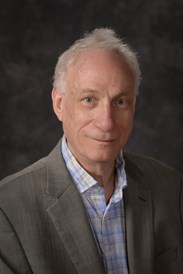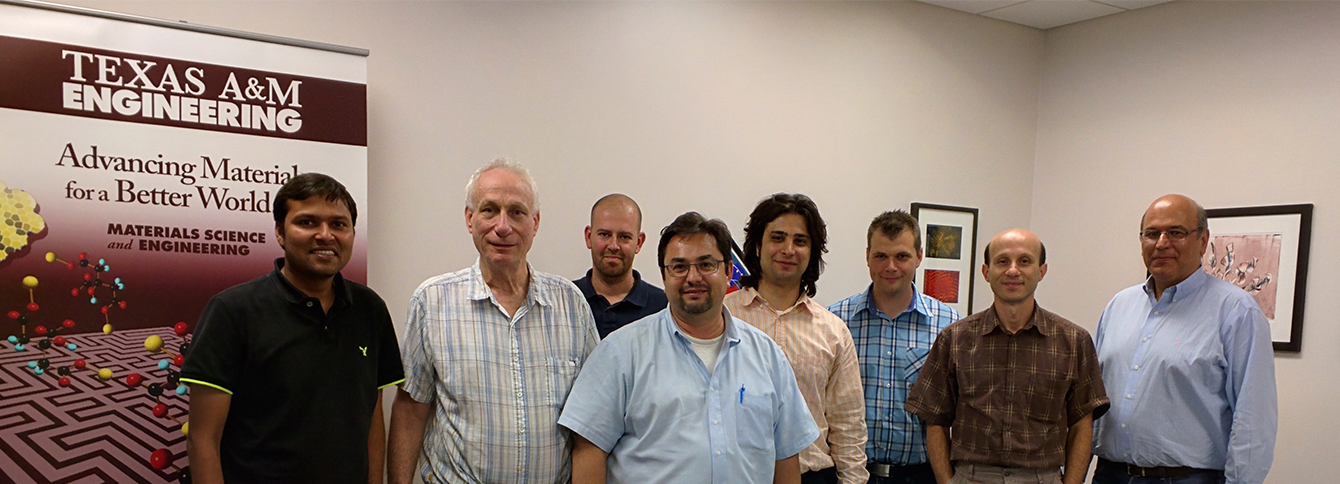 Dr. Alan Needleman, professor in the Department of Materials Science and Engineering at Texas A&M University, organized a two-day "Ductile Fracture Workshop" at the Dwight Look College of Engineering. A group of nine local and international researchers met to develop interactions and collaborations in the field of ductile fracture.
Dr. Alan Needleman, professor in the Department of Materials Science and Engineering at Texas A&M University, organized a two-day "Ductile Fracture Workshop" at the Dwight Look College of Engineering. A group of nine local and international researchers met to develop interactions and collaborations in the field of ductile fracture.
The workshop brought together leading researchers in the field of ductile fracture to assess the current status of the predictive capability and to identify the modeling, computation and experimental advances needed to develop a predictive framework for ductile fracture.
Fracture can be described as a single body being separated into pieces by an imposed stress. Complex underlying physics and society’s need for safer and more efficient structures make fracture a significant research topic in materials science.
Ductile fracture in structural metals takes place by a process of nucleation, growth and coalescence of micro-scale cavities. These cavities link up to form a crack that then threatens the integrity of a component or structure. Ductile fracture plays a role in a wide range of important technologies such as limiting the manufacturability of metal components, determining the crashworthiness of vehicles and limiting the integrity of pipelines and industrial pressure vessels. Predicting ductile fracture is difficult because of the complexity of the micro-scale mechanism and the range of length and time scales involved.
The participants explored the opportunities and challenges in predicting structure and component lifetimes limited by ductile fracture and in designing material microstructures to improve the fracture resistance of engineering materials.

“This workshop is particularly timely because recent modeling, computational and experimental developments seem on the verge of making it possible to quantitatively relate the characteristics of a material’s microstructure and its macro-scale fracture resistance,” said Needleman. “However, to make this possibility a reality, further advances are needed. The workshop brought together leading researchers, primarily young researchers, who are making key contributions with the hope that the cooperative work stimulated by this workshop will lead to making the needed advances happen.”
Needleman joined Texas A&M in January 2015 as a professor in the materials science and engineering department. He is also a Texas A&M Engineering Experiment Station (TEES) Distinguished Research Professor. Needleman’s research contributions include the development of a ductile fracture computational methodology, the development of cohesive zone methods for fracture analysis and creation of a framework that enables using discrete dislocation plasticity to solve general boundary value problems.
"Dr. Needleman’s workshop tackled the critical aspects of materials reliability,” said Dr. Ibrahim Karaman, head of the materials science and engineering department. “The research problems identified, and collaborations established in this workshop, are expected to result in predictive tools that can be used in the design of advanced materials. Materials reliability is an important area of research and one that we usually do not pay much attention to when we design new materials.
“We hope to make an impact on these research areas with the support of the expertise of our faculty and new computational and experimental infrastructure that the university has put together in the last few years”.